Few things are worse than finding yourself wide awake in the middle of the night, also called nocturnal awakening or early morning awakening, according to the Sleep Foundation. But if you do, you're not alone–millions of Americans struggle to stay asleep through the entire night. One study found that 35.5% of adults reported waking up in the middle of the night at least 3 nights per week.
Finding yourself awake at 3 a.m. can you leave you desperate for anything to work to fall back asleep. Thankfully, real people are sharing exactly what has worked for them. Here are 21 of the most helpful tips and tricks to the question, "Waking up in the middle of the night and can’t get back to sleep–what actually works?"
1. "For me, I don’t worry about getting back to sleep. I just assume I won’t, since I’ll try too hard and it means I won’t sleep. Instead, I just tell myself I get to relax and feel good in bed for a bit. My goal becomes just enjoying the comfort of my bed and relaxing, and usually that mindset shift means I go back to sleep." – katbobo
2. "Yes, I used to struggle with this a lot and then I read somewhere that even if you don’t fall asleep, just laying in bed with your eyes closed is better than nothing, does count as resting, and will make you feel more rested. It took the pressure off of me laying there being anxious about not sleeping, and made it easier for me to fall back asleep, ironically." – andrastesflamingass
3. "Someone told me a tip of telling yourself DO NOT FALL ASLEEP! You know when you need to get up for work and you are like get up, get up, and you fight not falling back asleep? And then you wake up an hour later and you have missed your bus? This works the same way. Say it over and over. Really believe it. Within a couple minutes I have fallen back asleep. I reverse psychology myself." – trontrontronmega
4. "This is the way. I tell myself I’m lucky to be able to rest and relax, and even if I don’t get back to sleep I’ll still be recharged by that. Once I switched from being worried about being tired the next day to being able to relax like that getting back to sleep was easy." – Longjumping-Act9653
5. "I have tried many and varied things over many years. I wake up multiple times because of ortho pain the most, adjust and try again. Latest best results are doing this (literally saying out loud to myself 'it’s ok to not sleep, just rest') plus putting on a YouTube video with Delta Waves at low volume; and I’ll have a guided sleep/relaxation recording going, too, sometimes multiple times in a night. (I’ve done different apps/recordings, current faves are the ones from Oren in the Oura ring app - he has recordings elsewhere, too.)" – chipotlepepper
6. "One thing that’s helped me is just knowing that by laying down, even if I’m not sleeping, I am resting. It has helped me reduce the pressure of having to go to sleep. And the less I think about it the more likely I am to fall asleep." – i_write_bugz

7. "I stare at the smoke alarm light on my ceiling. Then, once I see it blink, I count the seconds until it blinks again. Then I close my eyes and count in my head, trying to time opening my eyes just in time to catch it blink again. Hopefully, after a couple of rounds, I’ve tricked my brain into counting myself to sleep with my eyes closed." – pizzakickball
8. "Try listening to rain noises. That's really helped me. Either that, or try and imagine up a conscious dream. Picture yourself in a random place talking to random people, and it'll slowly turn into an actual dream. I think that's what 'counting sheep' is supposed to do as well, but I've have much more success just mimicking a dream and letting it slowly turn into one." – Lewis0981
9. "I put a podcast on, ear bud in one ear and turn the volume to the lowest it goes while still being able to hear it. I set up a timer to shut it off after 1 hr. I never make it more than 15 minutes." – noyogapants
10. "I've also found audiobook memoirs with a good narrator can be soothing. Pick a celebrity you like and listen to them tell you stories." – phyxiusone
11. "I try to think of a brand new plotline for a novel. Usually science fiction or fantasy, as that gives room for more fantastical scenes that are more 'dream-like'. It usually works, and I've made up some good ideas to draw from if I ever get the urge to write a book!" – Federal_Remote_435
12. "Whenever I am trying to sleep I always make up a dream in my head. Usually it starts with me magically gaining a super power right there in bed, then I imagine everything that happens after. How I react to the power, what do I do with the power? What do people around me do? Do I tell them? Etc. I usually only make it out of the house and doing maybe one thing with my power. Then I’m out." – NameRedditUser
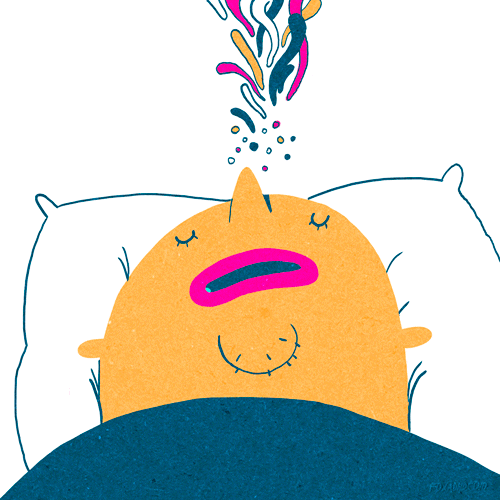
13. "One thing that's worked for me in the past is to 1: don't pick up your phone. Not even to check the time. Just leave it there. And 2: put on an old cartoon you grew up watching. For me it's SpongeBob. The nostalgia puts me to sleep within like 10 minutes. I rarely have insomnia, but this is my go-to on the rare occasion that sleeplessness strikes." – markaamorossi
14. "Magnesium glycinate, Zinc, and melatonin for me. Knocks me out and I don’t feel drowsy in the morning. Been a life saver." – ItsChappyUT
15. "Slowly relax all your muscles from head to toe and picture being in your favourite place. Still awake? Pick a word. Then come up with as many other words that start with each letter. CHAIR = cab, cackle, caddy, café, etc. I work alphabetically but you don't have to. If I actually commit I fall asleep before I finish the word, usually before I finish one letter. You just have to stay on-task." –Rintransigence
16. "I grabbed this from another LPT a week or so ago, but try counting downwards in your head from 300 by 3 at a time (300, 297, 294, 291, etc). I've done it the past few nights to surprising success. Have yet to get anywhere close to zero." – WillyLongbarrel

17. "Reading physical books could be something to try. It puts your mind to work and it’s easy to get tired from it… but sometimes the book can be so good you don’t want to stop. There’s no context on what your daily life is like or stress levels are to make more specific recommendations. Exercise is a good general one too. if you exert yourself on a regular basis, your body will crave sleep and will be more likely to stay asleep. Don’t eat a big meal before bed is another tip. Or super sugary foods. It can spike your blood sugar/metabolism and can make you restless in the night." – Danceitoffgirl
18. "Headspace app - they have nighttime SOS sleep meditations that are often the only thing I rely on for getting back to sleep on those nights." – chasing_rainb0ws
19. "Its most likely your diet. Stop drinking caffeine after noon and limit carbohydrates with your dinner if you eat at night. Blood sugar spikes from digesting carbs can wake you up in the middle of the night. Alcohol causes this as well. It started happening to me more as i got older no matter how much i drank. 2 white claws an hour before bed and ill be up in 4 hours. Limit what you put inside of your body and you'll sleep through the night easier." – EjaculatingAracnids
20. "Mentally reciting everything you’re grateful for." – GorgeeusGorgeeus
21. "Get out of the bed and do something for 10 minutes. It can be exercise. Read a book whatever then go back to the bed. Also, don't do any other things in the bed. The ID is associated with sleep and nothing else." – fauxdeuce





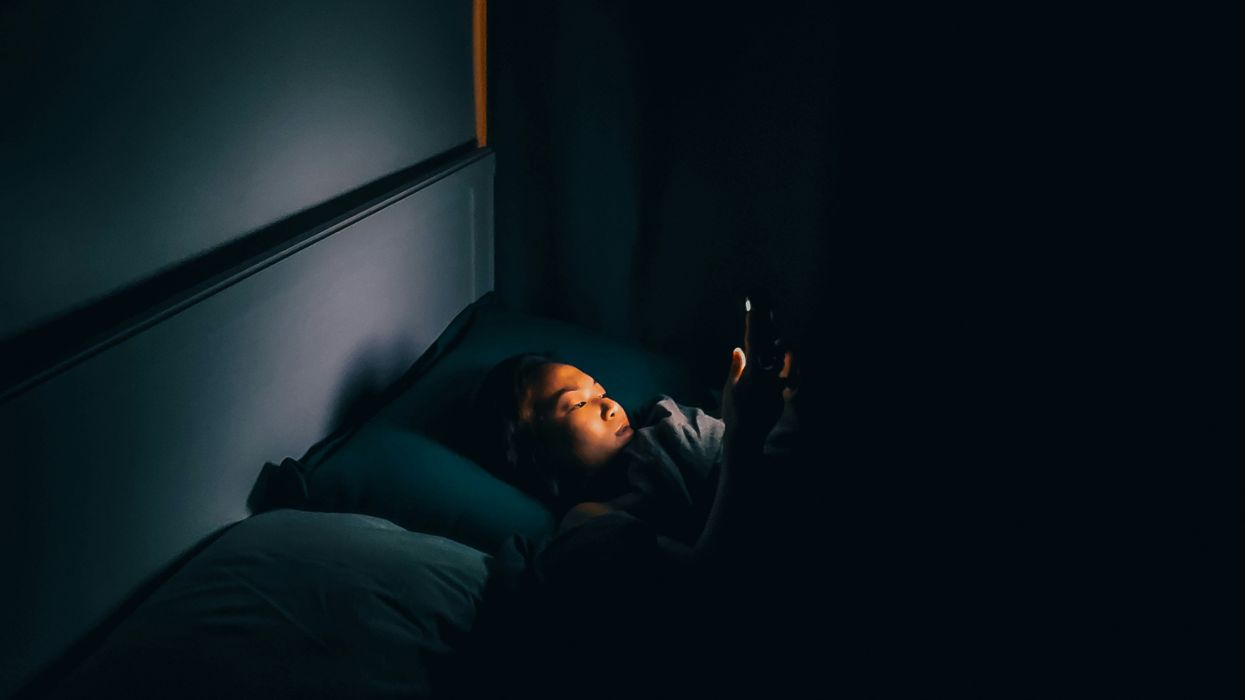






 A daunting mess was no match for one woman. Jonna Roslund, used with permission.
A daunting mess was no match for one woman. Jonna Roslund, used with permission. 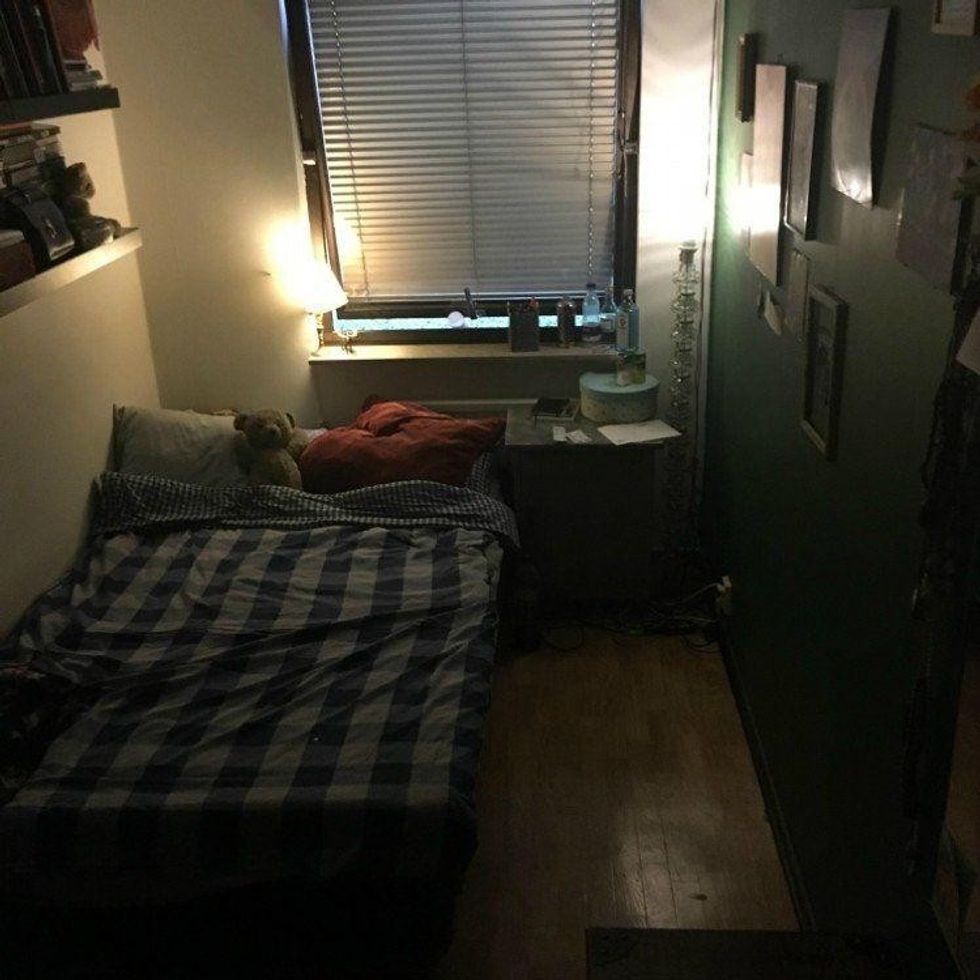 What looks like just a tidy room was actually a giant victoryJonna Roslund, used with permission.
What looks like just a tidy room was actually a giant victoryJonna Roslund, used with permission.  Jonna Roslund, used with permission.
Jonna Roslund, used with permission. 
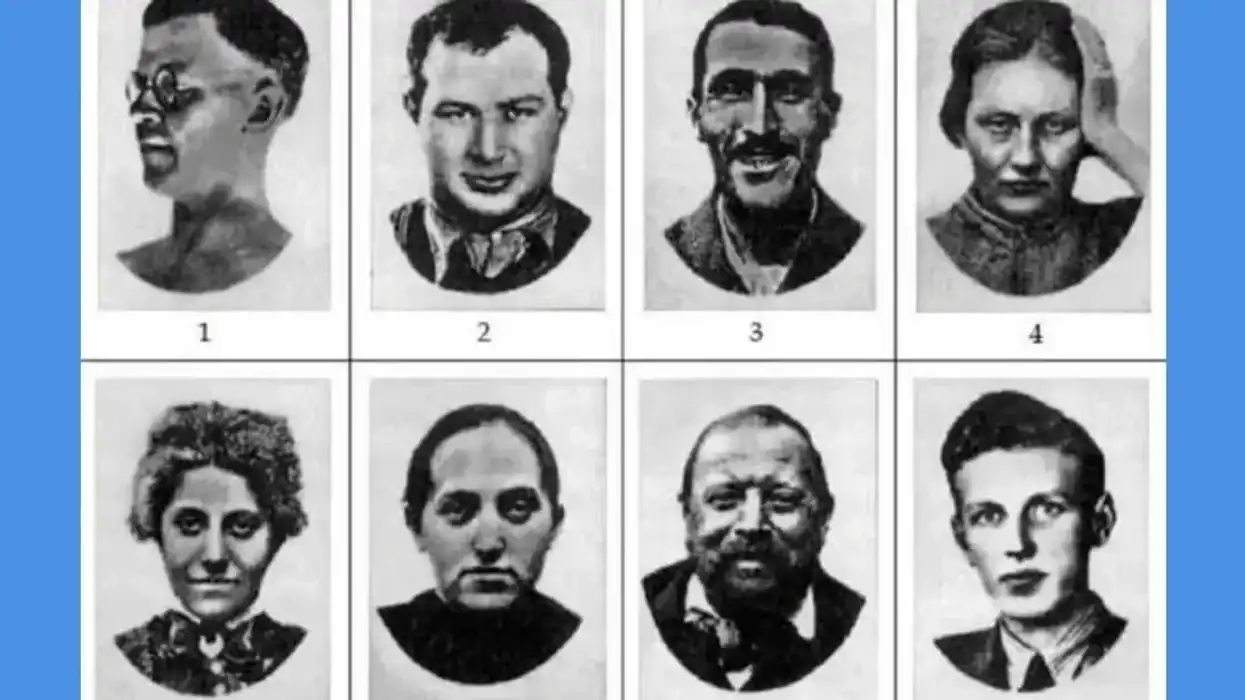

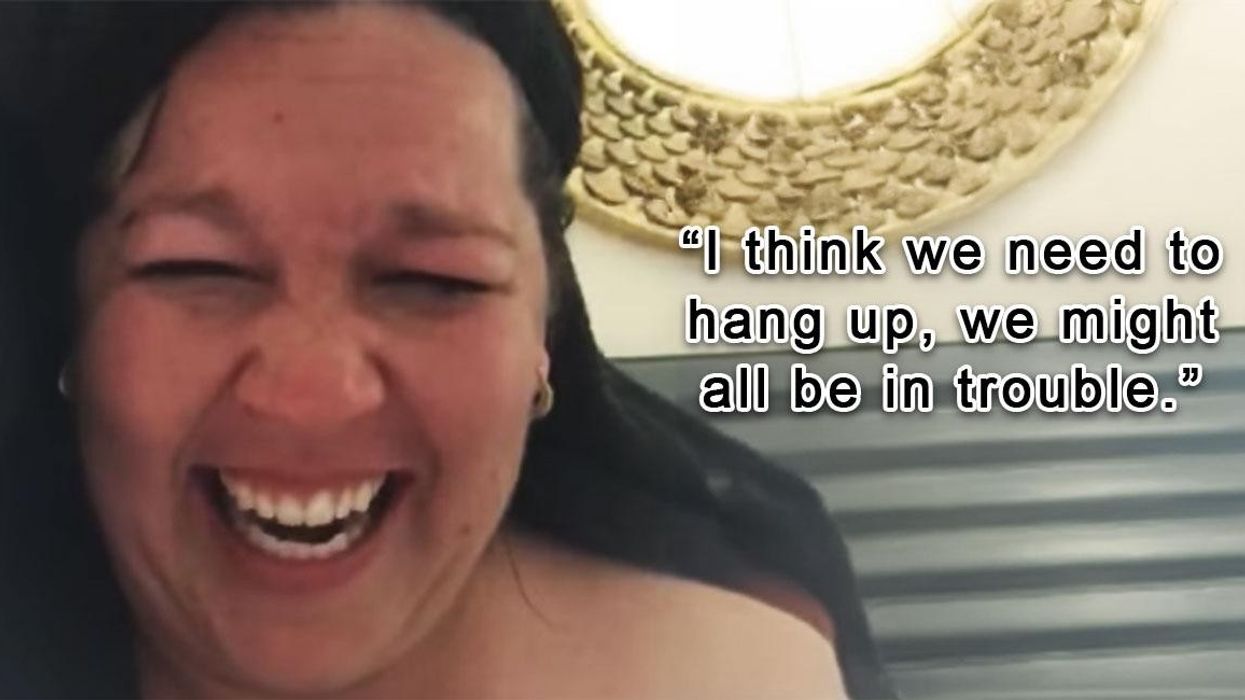


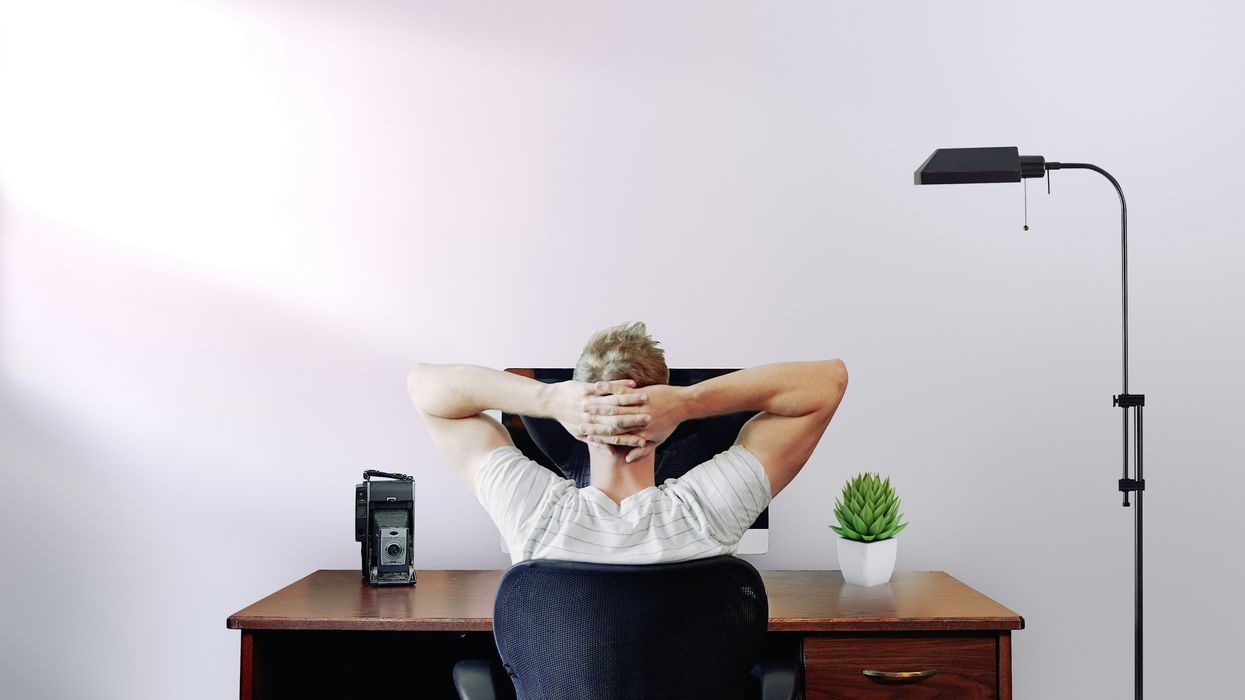
 man in white dress shirt sitting beside woman in black long sleeve shirt Photo by
man in white dress shirt sitting beside woman in black long sleeve shirt Photo by 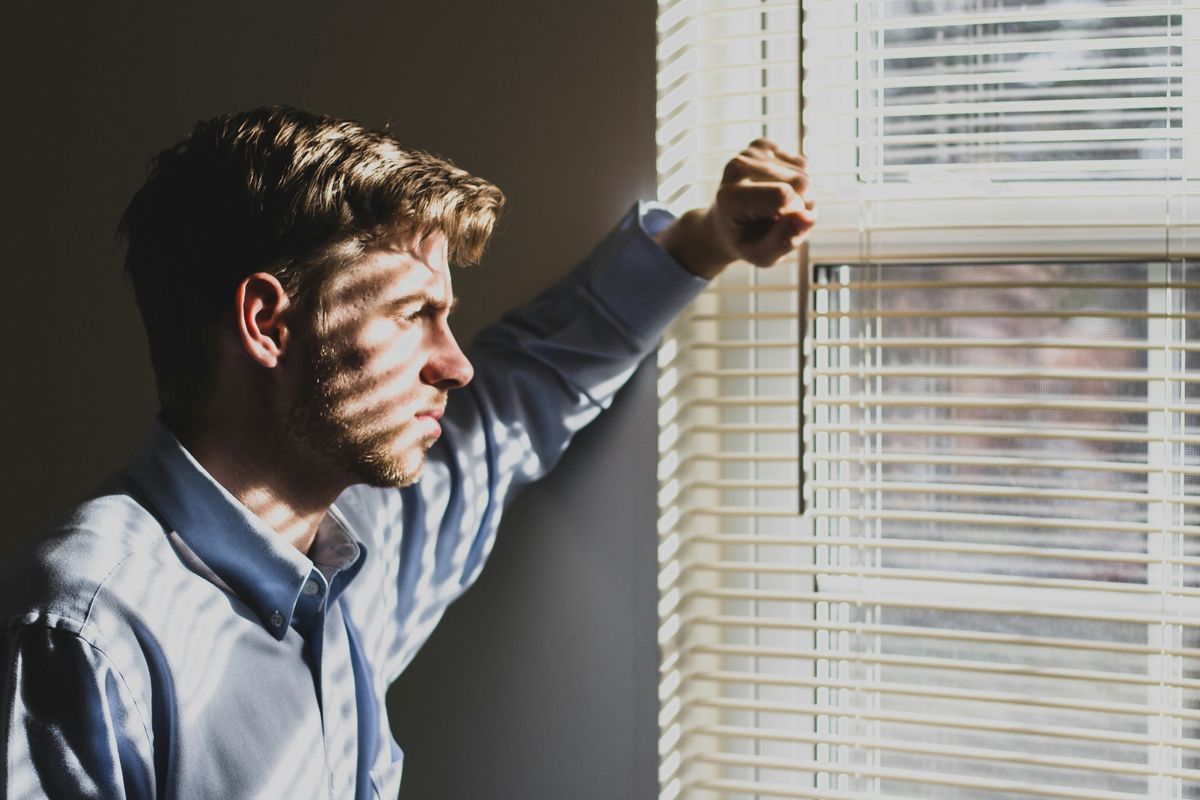 person near clear glass window pane and window blinds low-light photography Photo by
person near clear glass window pane and window blinds low-light photography Photo by 
 Happy Full House GIF
Happy Full House GIF  The Fresh Prince Of Bel Air Reaction GIF
The Fresh Prince Of Bel Air Reaction GIF 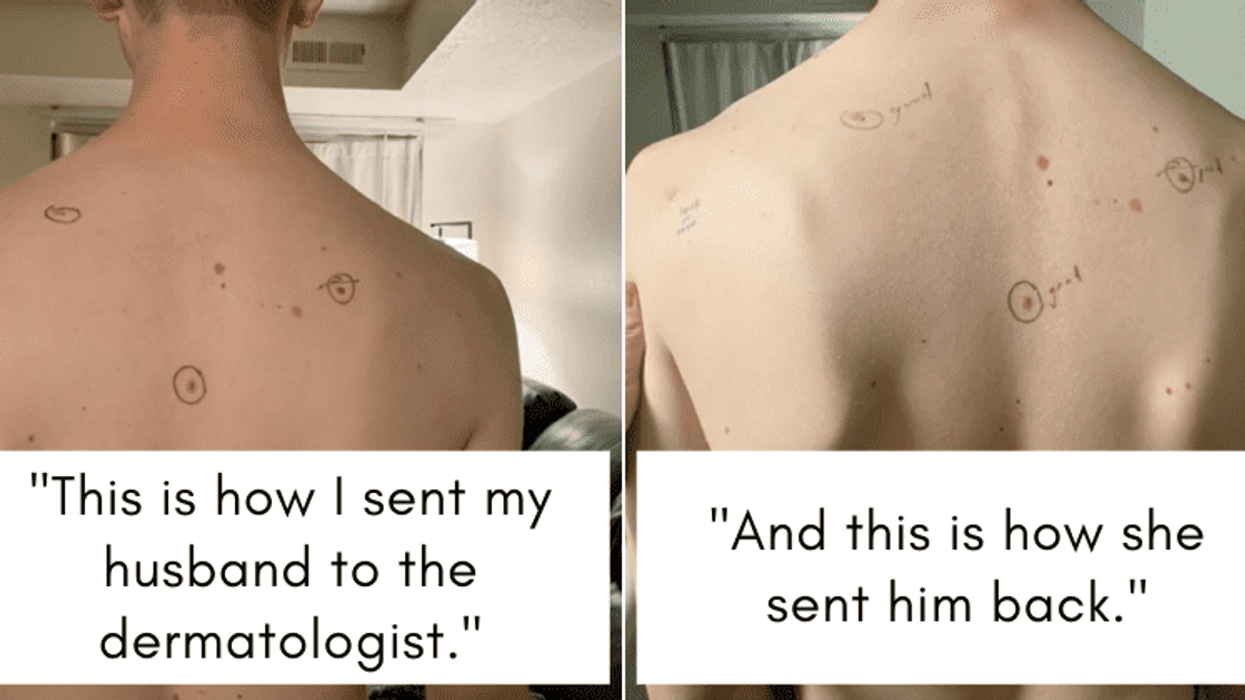
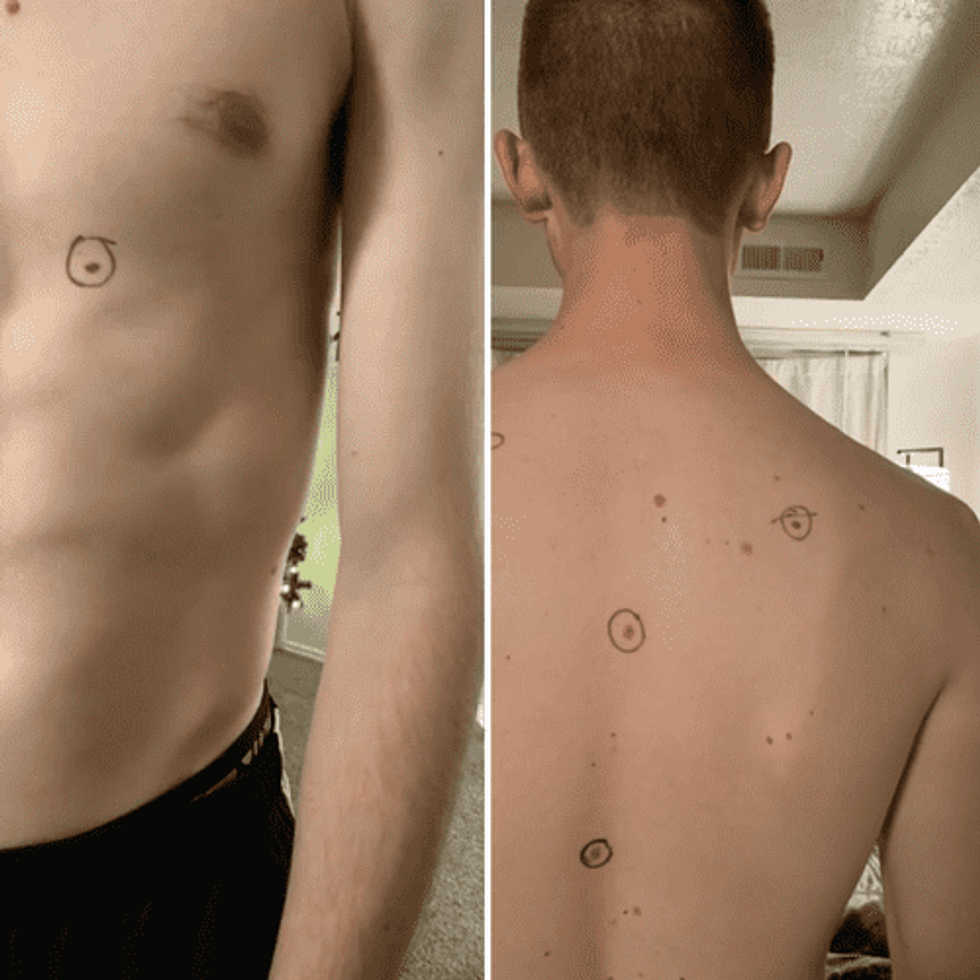 TikTok | @brinleemiles
TikTok | @brinleemiles
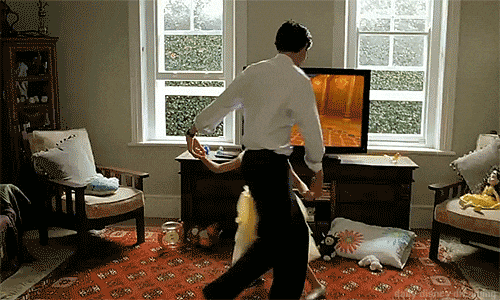 Fathers Day Dance GIF
Fathers Day Dance GIF 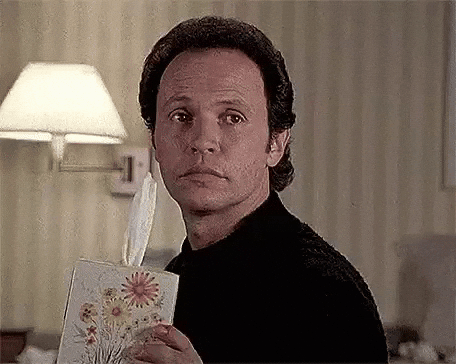 Billy Crystal Crying GIF by MOODMAN
Billy Crystal Crying GIF by MOODMAN